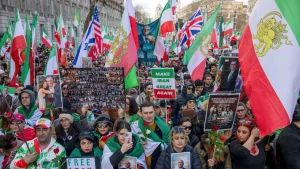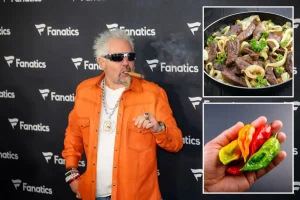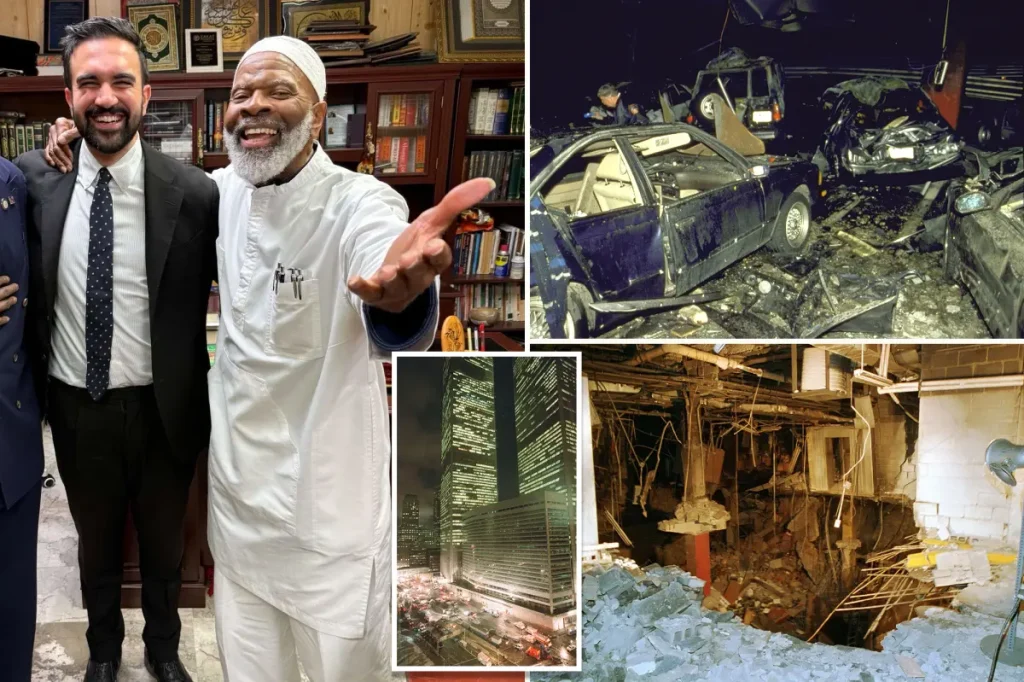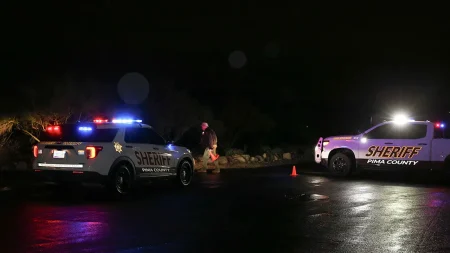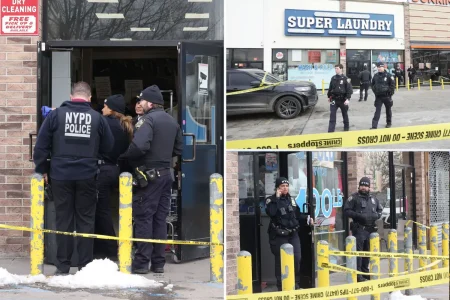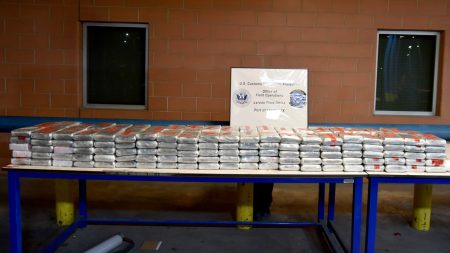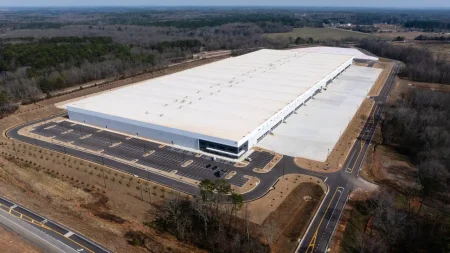WTC Bombing Survivor Backlash Over Mayoral Candidate’s Controversial Photo
In an incident sparking heated debate among New Yorkers, mayoral candidate Zohran Mamdani has come under fire for posting a photo of himself smiling alongside 75-year-old Imam Siraj Wahhaj, a figure with a controversial past linked to the 1993 World Trade Center bombing. Mamdani, 34, shared the image on social media, describing Wahhaj as a “leader and pillar” of the Muslim community in Brooklyn and beyond. This seemingly innocent gesture has reopened deep wounds for survivors of the 1993 attack, who view any association with Wahhaj as deeply troubling given his historical connections to that tragic event.
The 1993 bombing, sometimes overshadowed by the catastrophic events of September 11, 2001, remains a profound trauma for those who lived through it. Stan Brezenoff, former Port Authority executive director whose offices were in the World Trade Center during the attack, described it as “a hellish experience” that should not be minimized. When Islamic extremists detonated a massive car bomb in the North Tower’s parking garage in an attempt to bring down both towers, six people were killed and more than a thousand injured. Brezenoff recounted how hospitals were overwhelmed, the towers remained closed for months, and workers experienced significant trauma and fear about returning. “People didn’t want to go back to work. There was trepidation,” he recalled, emphasizing that while 9/11 may have overshadowed this earlier attack in the national consciousness, New Yorkers who were present that day have never forgotten.
While Imam Wahhaj was never formally charged in connection with the bombing, federal prosecutors considered him an “indicted co-conspirator” after investigations revealed that some perpetrators had attended his mosque. Though prosecutors believed he had some involvement, they lacked sufficient evidence to bring charges. Some critics later suggested the investigation cast too wide a net in its search for suspects. For his part, Wahhaj has consistently denied any involvement in the attack, though he later defended some of the attackers and made controversial statements calling the FBI and CIA the “real terrorists.” Beyond allegations related to the 1993 bombing, Wahhaj has a documented history of criticizing American society and expressing support for individuals many consider terrorists, further complicating Mamdani’s decision to publicly associate with him.
The reaction from survivors and their families has been swift and emotional. Maria Danzilo, whose sister was trapped on a high floor of the North Tower during the 1993 attack and suffered serious smoke inhalation and lasting trauma, expressed her dismay both in interviews and on social media. “These incidents are very personal to people in New York. They are our family members, our friends, our neighbors, people we care about,” she explained. Danzilo questioned the need to “trigger people like this,” asking, “Don’t you want to heal the past? Do we really want to make people so upset? It just seems like it’s not good for the city after so many terrible things have happened.” She shared that her sister ultimately fled New York for Washington DC out of fear, only to find herself a block from the Pentagon during the 9/11 attacks. “These weren’t abstract ‘events’ for so many New Yorkers. They were life-changing events,” Danzilo emphasized, noting that her criticism was not politically motivated but came from a place of genuine concern about the pain such associations could cause to survivors.
The controversy highlights the enduring impact of terrorism on New York City’s collective psyche and raises questions about historical memory and accountability in public life. Frank Conti, current president of the Port Authority Police Benevolent Association, expressed disbelief that anyone would consider Mamdani a viable candidate after his public support of Wahhaj. “Anyone who votes, supports or endorses Mamdani must suffer from a critical memory lapse of the February 26, 1993 bombing of the World Trade Center,” said Conti, invoking the city’s post-9/11 mantra: “What happened to the New York City mantra, ‘Never Forget’?” This sentiment encapsulates the tension between moving forward and honoring the lived experiences of survivors who continue to carry the psychological and emotional scars of terrorist attacks.
As of publication, Mamdani had not responded to requests for comment regarding his association with Wahhaj, leaving many questions unanswered about his awareness of the imam’s controversial past and his decision to publicly praise him despite these connections. The incident serves as a reminder of how New York City’s traumatic history continues to influence its present political landscape, with survivors insisting that candidates for public office demonstrate sensitivity to the city’s painful memories. Whether this controversy will significantly impact Mamdani’s candidacy remains to be seen, but it has certainly reignited discussions about the responsibility of political figures to consider how their associations might affect communities still healing from historical traumas. For many survivors and their loved ones, the 1993 and 2001 attacks on the World Trade Center are not distant history but living memories that continue to shape their relationship with their city and its leadership.
